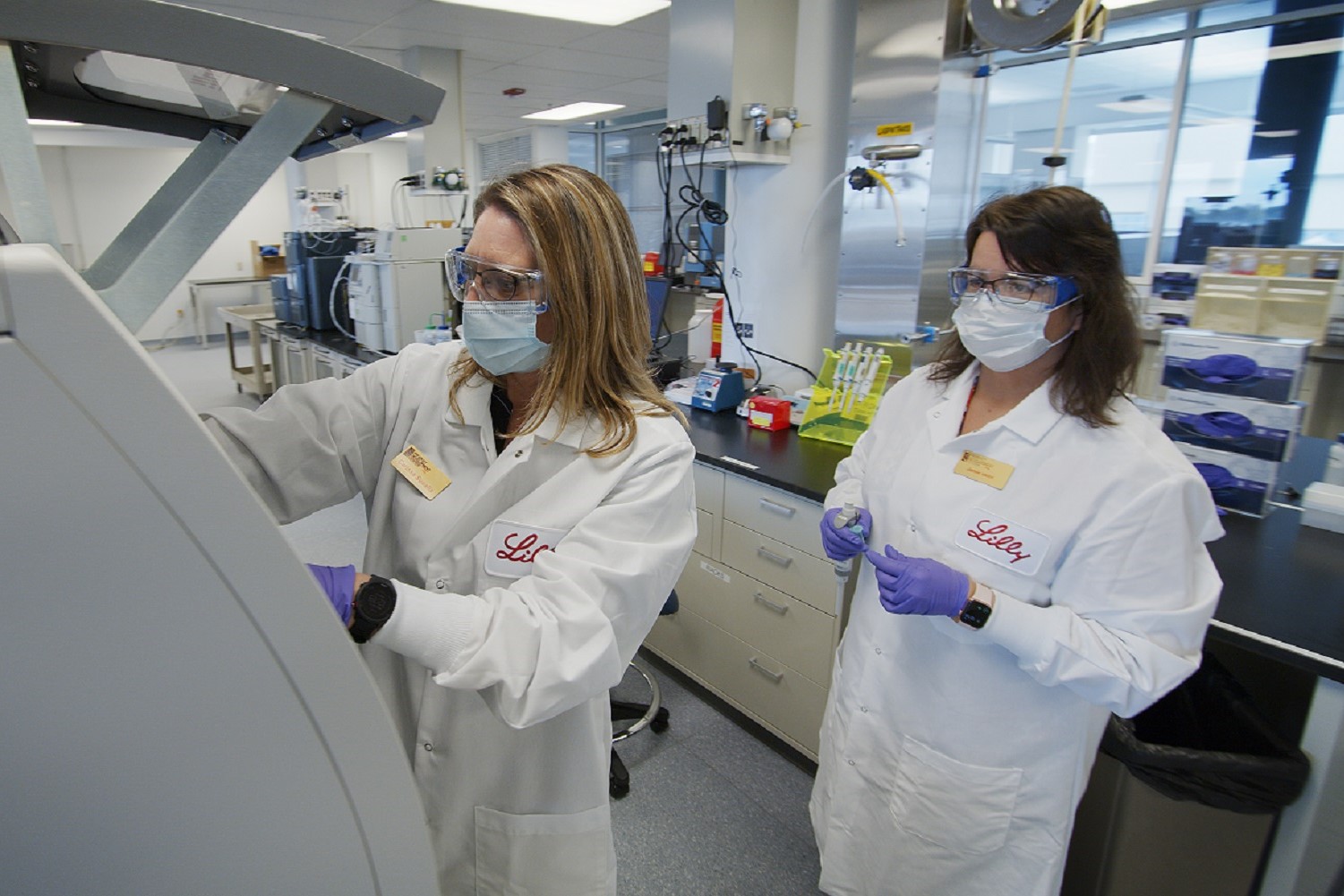The devaluation of doctors’ time continues unabated.
As we move into our new era of health care delivery with millions more needing physician time (and other health care provider’s time, for that matter) – we’re seeing a powerful force emerge – a subtle marketing of limitless physician availability facilitated by the advance of the electronic medical record, social media, and smart phones.
Doctors, you see, must be always present, always available, always giving.

With the Rise of AI, What IP Disputes in Healthcare Are Likely to Emerge?
Munck Wilson Mandala Partner Greg Howison shared his perspective on some of the legal ramifications around AI, IP, connected devices and the data they generate, in response to emailed questions.
This is not a new trend. We saw a similar situation years ago with the advent of the digital beeper. Even the most basic of private bodily functions in the bathroom could be interrupted at a moment’s notice. The expectation that phone calls should be returned instantly grew from this – personal context be damned. Doctors were accepting of these intrusions, however; the feeling of being omni-present, omni-available, and omni-beneficent fit nicely with the Marcus Welby, MD psyche of the time. After all, there were financial advantages to being available and the most responsive gained a competitive edge.
But medical care based on electronic communications is commandeering doctors’ personal lives. Our instantaneous availability is breathlessly touted by health care systems eager to serve their patient customers. Batches of test results are reported electronically but still require human review – one at a time. With hundreds of thousands of patients registering online for their new level of doctor-patient communication, the requirement to respond quickly to patient requests taxes even the most diligent physician providers. To preserve their personal life and get home at a reasonable hour each day, test reviews and patient communications are increasingly performed from home – all for free. Worse, our similarly web-enabled patient population has learned that many of their health care issues can now be addressed online free of charge – just send a two-page e-mail – who needs an office visit?
Increasingly the question becomes – if we choose future doctors on their willingness to sacrifice for others without expectation of appropriate boundaries and compensation – will we be drawing from the same pool of people as the ones who will make the best technically-skilled clinicians? What type of person will enter medicine if they know that their personal life will always take second place to patient care? For the doctors who accept this choice, what are the risks to patients when they interact with doctors who are “crackberry” addicts without personal or family boundaries? Should our medical students expect that their lives will be surrendered to their patients, free of charge, as they answer the never-ending bounty of health care questions online?
Electronic medicine is here with all its bells and whistles – I get that. But it does not come for free nor without consequences to doctors’ time and personal lives. Establishing appropriate boundaries for electronic physician access will be our next great challenge, otherwise the last drop of the milk of human kindness might just be wrung from us.
Westby G. Fisher, MD, FACC is a board certified internist, cardiologist, and cardiac electrophysiologist (doctor specializing in heart rhythm disorders) practicing at NorthShore University HealthSystem in Evanston, IL, USA and is a Clinical Associate Professor of Medicine at University of Chicago's Pritzker School of Medicine. He entered the blog-o-sphere in November, 2005. He writes regularly at Dr. Wes. DISCLAIMER: The opinions expressed in this blog are strictly the those of the author(s) and should not be construed as the opinion(s) or policy(ies) of NorthShore University HealthSystem, nor recommendations for your care or anyone else's. Please seek professional guidance instead.














